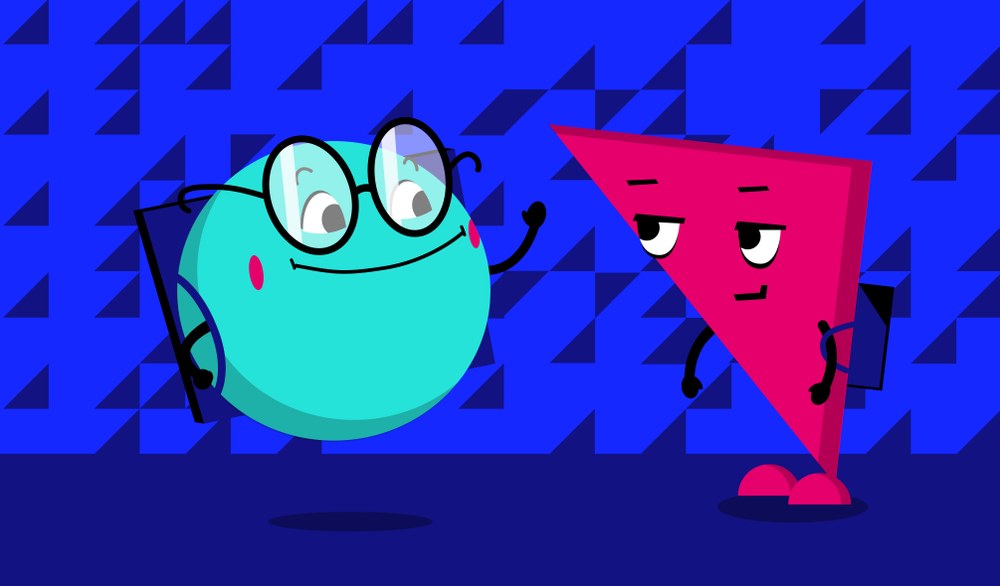In the project “enorM – How Do We Want to Learn in the Future?”, we spent eleven months in dialogue with students exploring how we want to learn in the future.

The "enorM – How Do We Want to Learn in the Future?” project was a transfer and communication project funded by the BMBF as part of the "Science Year 2022 – Participate!" students and researchers at DIPF worked together in various exchange formats to address questions about learning in the future. The resulting ideas were then incorporated into a jointly developed online game.
- Transfer and communication project as part of the BMBF's "Science Year 2022 – Participate!"
- Funding period: February 1, 2022 to December 31, 2022
- Initiated and implemented by communication experts from DIPF | Leibniz Institute for Research and Information in Education
- Participants: Communication Department (management and coordination), German Education Server, Leibniz Research Network Educational Potentials, IDeA Centre
Covid-19 Highlighted the Problems in our Education System
The enorM project was developed and implemented at the height of the coronavirus pandemic – during which time learning changed dramatically. The living room became the classroom, teachers emailed worksheets, there were virtual learning platforms (which sometimes worked better, sometimes worse) and digital office hours and lessons. During this time, problems that had existed in the education system for some time became particularly apparent. We took this as an opportunity to think freely and without any constraints about how we actually WANT to learn in the future. What do those who are directly affected by the changes, problems and challenges in the education system want most of all: the students?
»What questions and ideas do students have about learning in the future?«
And what contribution can science render? These questions were the starting point for the BMBF's "Science Year 2022 – Participate!”. For the first time, the Science Year 2022 did not have a single theme, but focused on the questions of all citizens. The project was divided into two phases – a mobilisation phase, in which as many questions as possible were collected, and an interaction phase, in which the questions were processed.
Exploring the Future of Learning through Exchange
As one of 26 funded projects, we spent eleven months collecting questions about tomorrow's learning and working on them together with students in various communication formats. In addition to the Communication Office at DIPF, colleagues from the German Education Server, IDeA Centre and Leibniz Research Network Educational Potentials (LERN) were involved in the application process and project implementation.